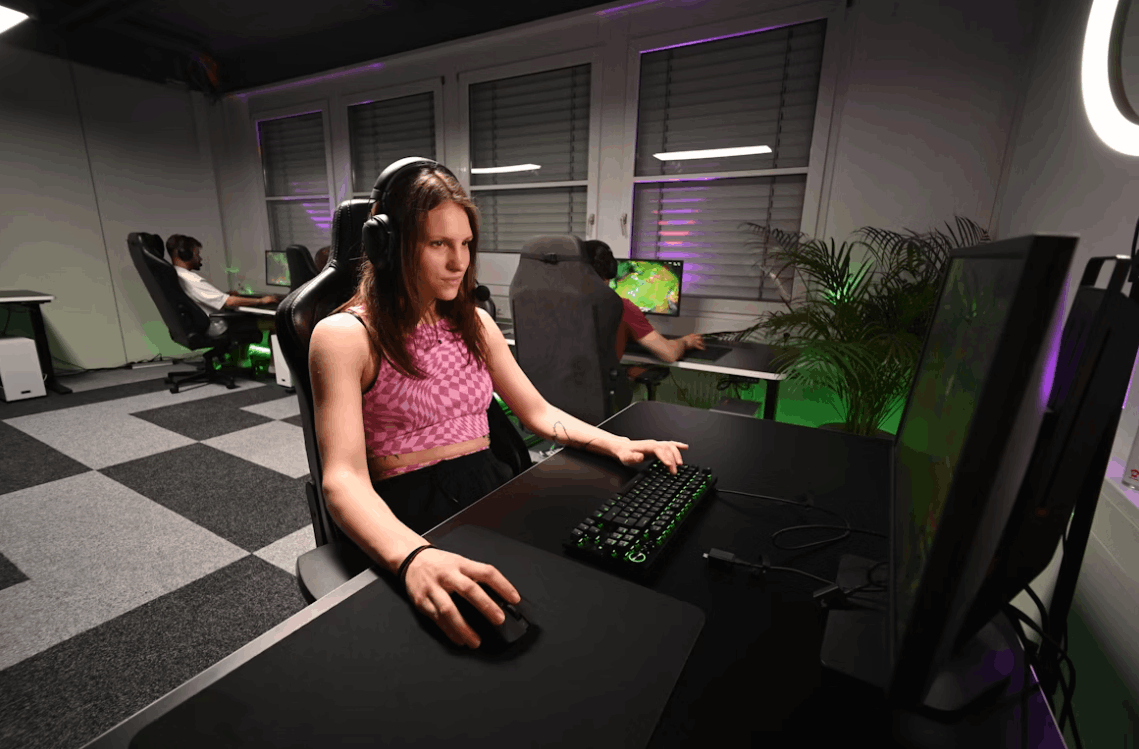
Creativity of Modding Communities
Modding—the practice of players modifying games—has been a significant and enduring aspect of PC gaming culture. This article explores how modding empowers players, extends game lifespans, nurtures creativity, and builds vibrant communities that continuously enrich popular game universes.
Mods range from simple cosmetic changes to comprehensive overhauls that introduce new gameplay elements or stories. Games like Skyrim, Minecraft, and Fallout are renowned for their modding scenes, which transform base games into almost entirely new experiences. Player-created content can enhance visuals, fix bugs, add quests, or create entirely new worlds expanding the original game’s scope.
Modding communities serve as collaborative creative hubs. Fans exchange code, art, tutorials, and reviews, fostering a culture of mentorship and shared passion. This collaborative spirit lowers barriers, enabling newcomers to learn design, scripting, and storytelling skills in a supportive environment.
The relationship between developers and modders varies. Many developers actively support modding by releasing official tools and platforms, recognizing its value in sustaining engagement and increasing game longevity. Some mods even evolve into standalone commercial successes, highlighting the potential for modders to become professional developers.
Modding strengthens the social fabric of gaming by encouraging interaction beyond gameplay. Events, competitions, and showcases celebrate mod achievements, while forums and streaming content allow for community bonding and skill sharing.
Additionally, modding encourages experimentation unavailable in official releases, often pushing technical boundaries and creative possibilities. These innovations occasionally influence future official game updates or inspire new game projects.
The skills gained through modding translate to real-world opportunities, as many individuals parlay modding experience into careers in gaming industries, software development, and digital art.
In a broader sense, modding exemplifies the open, participatory nature of PC gaming. It fosters ownership, creativity, and co-creation, making players active contributors to the medium’s evolution.